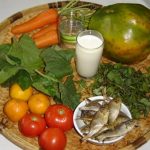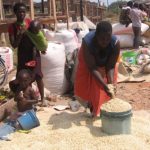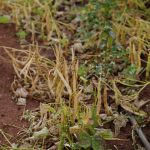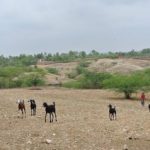This blog is based on a presentation by Zione Kalumikiza made to kick off the Civil Society Organisation Nutrition Alliance (CSONA) Debate on Nutrition. This event was organized in conjunction with Save the Children International for the four main political parties contesting in the forthcoming tripartite election. The event was supported by the Graça Machel […]
The Structure, Conduct and Performance of Maize Markets in Malawi: Some findings from main harvest and lean seasons
Maize is the most important staple crop in Malawi, contributing around 66% of calories to typical household diets. Studies show that the per capita consumption of maize grew from 129kg/year in 1998–2008 to 146kg/year by 2017. Most of the maize consumed in Malawi is produced by smallholder farmers, although in deficit years maize is also […]
Addressing aflatoxin contamination and improving food safety in Malawi
Every day, unsafe food makes an average of close to two million people in the world sick, keeping them away from school and work. The World Bank estimates that illness, disability and premature deaths induced by unsafe food lead to productivity losses of about US$95 billion a year in low- and middle-income countries. In addition […]
Brown Bag Research Seminar: Soil Fertility Management in Sub-Saharan Africa: Status, Challenges and Future Prospects
Wednesday, May 8, 2019, 2:00 pm - 3:30 pm
Sub-Saharan Africa records the biggest yield gaps worldwide. This happens due to a complex combination of factors, ranging from use of poor germplasm, low soil nutrient status, poor agronomic practices, pests and diseases to poor investments in agriculture.
Earth Day 2019: Building common ground on sustainable governance of commons
This blog is cross-posted from the IFPRI website and was written by Wei Zhang and Ruth Meinzen-Dick. The celebration of Earth Day (April 22) reminds us that all species, including Homo sapiens, share one common habitat: The earth. Scientists have been raising alarms for years about how human activities have driven global biophysical conditions beyond […]
- « Previous Page
- 1
- …
- 31
- 32
- 33
- 34
- 35
- …
- 46
- Next Page »





